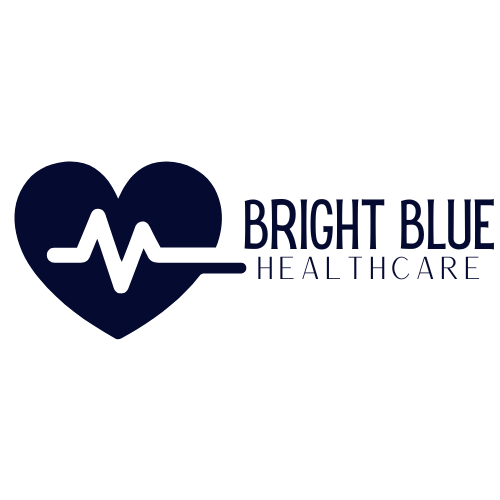As medical professionals and experts in the field of healthcare, we understand the critical role that healthcare plays in our society. Our insights and experiences have shaped the way we approach patient care, as we constantly strive to provide the best medical services possible. In this blog post, we will explore the significance of healthcare for medical professionals and shed light on its key aspects. From the importance of preventive care to the ever-evolving advancements in medical technology, we will provide an informative and expert perspective on this crucial subject.
The Role of Healthcare in Preventive Care
One of the fundamental components of healthcare is its emphasis on preventive care. As medical professionals, our focus extends beyond treating the existing illnesses or injuries of our patients. We also prioritize the early detection and prevention of diseases or conditions. By promoting regular check-ups, vaccinations, and routine screenings, healthcare providers can identify potential health risks before they escalate, improving patient outcomes significantly. This proactive approach not only saves lives but also reduces the burden on healthcare systems and minimizes healthcare costs.
Promoting Patient Education and Empowerment
Healthcare professionals play a pivotal role in educating and empowering patients. By providing accurate and reliable health information, we equip individuals with the knowledge and tools to make informed decisions about their well-being. Through discussions about lifestyle modifications, the benefits of a balanced diet, regular exercise, and the risks associated with tobacco or alcohol consumption, we enable patients to take charge of their health. Moreover, we encourage open communication and emphasize the importance of asking questions, ensuring that patients are actively engaged in their healthcare journey.
Incorporating Technological Advancements
The field of healthcare is constantly evolving, thanks to rapid technological advancements. As experts in this field, we embrace these technologies to enhance patient care. Electronic medical records (EMRs) have revolutionized healthcare by enabling comprehensive and efficient patient information management. This technology ensures continuity of care, improves coordination between healthcare providers, and reduces medical errors. Additionally, telemedicine has emerged as a game-changer, allowing remote consultations, remote patient monitoring, and faster access to medical expertise. By employing cutting-edge technologies, medical professionals can provide higher quality care and streamline healthcare processes.
Ethical Considerations in Healthcare
Medical professionals are bound by a code of ethics that guides our practice. Ethical considerations in healthcare are paramount, and they encompass a wide range of areas, including patient autonomy, confidentiality, and equity in access to healthcare services. Respect for patient rights and dignity are fundamental principles that healthcare professionals uphold. Informed consent is another significant aspect of ethical healthcare, ensuring that patients are fully aware of the risks, benefits, and alternatives before proceeding with any treatment or procedure. These ethical considerations are essential for maintaining trust in the healthcare system and fostering positive patient-provider relationships.
Addressing Mental Health in Healthcare Professionals
While healthcare professionals dedicate their lives to caring for others, their own well-being is often overlooked. The demanding nature of our profession can take a toll on our mental health. Long working hours, emotional stress, and witnessing traumatic events can contribute to anxiety, depression, and burnout. Recognizing the importance of mental health in healthcare professionals is essential to provide the best care possible. By encouraging open dialogue, instituting support systems, and prioritizing self-care, healthcare organizations can create an environment that promotes overall well-being.
Collaboration and Interdisciplinary Approach
Effective healthcare delivery relies on collaboration and an interdisciplinary approach. Healthcare professionals from various fields must work together to provide comprehensive care to patients. This collaborative approach fosters innovation, as different perspectives and expertise intersect to address complex medical cases. The integration of multiple disciplines, including physicians, nurses, pharmacists, and social workers, ensures holistic care that considers physical, psychological, and social factors. By embracing interdisciplinary collaboration, medical professionals can optimize patient outcomes and advance the field of healthcare.
Conclusion
Healthcare is the cornerstone of our society, and medical professionals are at its forefront. Our dedication to patient care, preventive medicine, and ethical practice drives us to continuously improve and adapt. By prioritizing preventive care, empowering patients, embracing technology, and addressing mental health concerns, medical professionals can ensure the delivery of high-quality healthcare. Moreover, a collaborative and interdisciplinary approach serves to optimize patient outcomes and contribute to the ever-evolving field of healthcare. Together, we can shape a future where healthcare is truly patient-centered and built on unwavering expertise.
Note: This blog post is intended to inform and provide insights into the importance of healthcare for medical professionals. It does not substitute professional medical advice. If you have specific healthcare concerns, please consult a healthcare professional.





